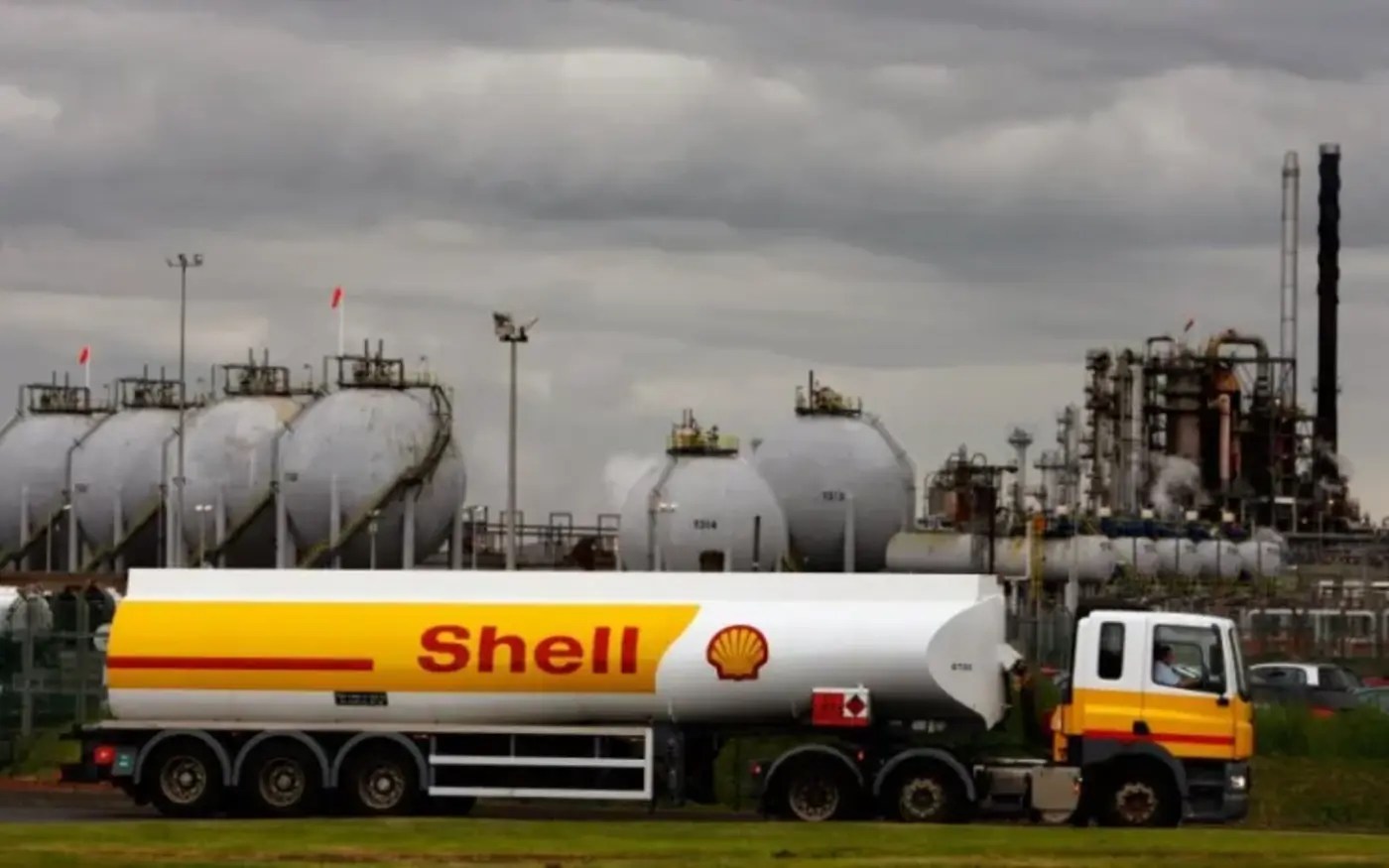Global top 50 companies: UK absent as American tech triumphs

There are now no UK companies among the top 50 largest listed companies in the world, as the British economy has struggled to compete with the dominance of American tech firms.
Only three UK listed companies have made the list of the top 100 companies in the world, with all losing places in the ranking since last year, data from PwC has revealed.
Shell, the largest UK company, sits at place 53, three places lower than in March 2023 after being pushed down by companies like Accenture and the Walt Disney Company.
Despite the company’s market cap growing from $196bn (£158bn) last year to $214bn (£173bn) today, the firm has struggled to keep up with the US giants that dominate the list.
Meanwhile, Astrazeneca fell to place 55 in the world, dropping 11 places since last year, while HSBC fell five places, being pushed to spot 93 by companies like Siemens.
Unilever, which took spot 84 in 2023, fell out of the top 100 this year as its stock price dropped 13 per cent during the last year.
Chemical company Linde is headquartered in the UK, but is listed in the US after leaving the Frankfurt Stock Exchange in 2023, and sits at number 50 on the list.
American tech firms have dominated the list, leaving little room for the energy and consumer-focused companies that are overrepresented in the US.
Last year, British chip designer Arm Holdings chose to move its listing to New York, as the UK has struggled to tempt tech companies to list here.
Microsoft is now the largest company in the world, worth $3.1 trillion, pushing Apple to the number two spot. Nvidia seized number three from Saudi Aramco, pushing Amazon out of the top five.
The market capitalisation of all of the top 100 companies increased by 27 per cent ($8.4 trillion or £6.8 trillion) compared to 31 March 2023, and has almost doubled in the past five years.
Over the last year, five companies, Microsoft, Nvidia, Alphabet, Amazon and Meta, have accounted for more than half of that growth (54 per cent), with Nvidia causing almost 20 per cent of the growth by itself after rising 225 per cent.
Other US companies that doubled their value in the year included Meta, Eli Lily and Broadcom.
Only one non-US based company reached the top ten risers category, with Japan-based Toyota taking ninth after growing 76 per cent throughout the year.
The largest fallers were far more geographically diverse, with the worst being US-based Pfizer, which fell 32 per cent, followed by Chinese Alibaba, falling 31 per cent.
Other poor performers that still managed to stay in the top 100 included Tencent (-22 per cent), Tesla (-15 per cent) and Nestle (-15 per cent).
The spread of the market capitalisation of companies has shifted significantly, with 15 companies worldwide now being worth over $100bn, compared to just nine last year.
Mike Wisson, UK and global IPO centre partner at PwC, said: “Over the last 12 months investor appetite for equities has returned and global equity valuations have experienced a surge in demand with the rapid developments being made in Artificial Intelligence.
“AI is likely to change the way the world works and presents the potential for significant value growth to companies that are able to utilise its potential.”
Related
EU denies picking on US tech giants, says US also…
BRUSSELS (Reuters) - Europe's new tech rule aims to keep digital markets
H-1B Visa 2025: How and why US policy shift may…
Recent changes in US H-1B visa policies have sparked significant concern within the Indian IT professional community hoping to work in America. However, the a
Alibaba Group (BABA) Stock: Chinese Tech Giants Gain $439 Billion…
Chinese tech stocks have gained over 40% this year, adding $439 billion in valueChina’s “7 titans” are outperforming the US “Magnificent Seven” tech s
The Global Spread of Protectionist Policies That Squeeze American Tech…
An increasing number of countries in recent years have begun targeting America’s leading technology firms with policies touted as measures to promote fair com













